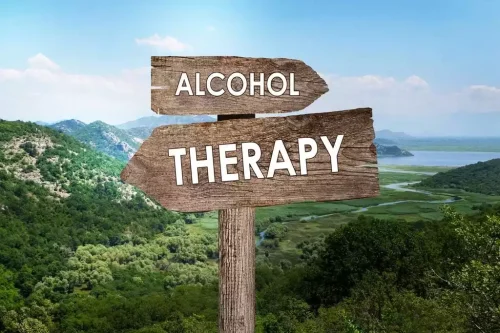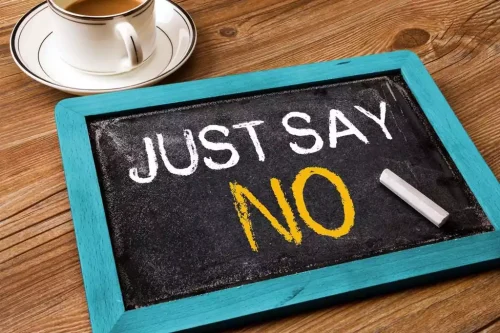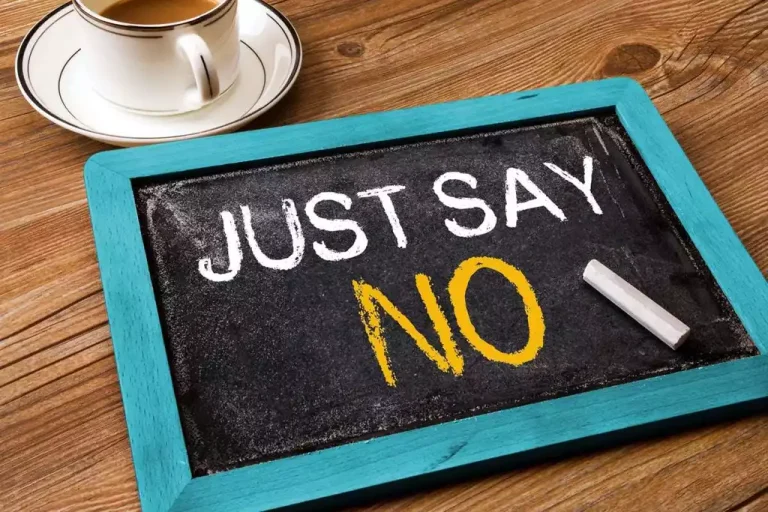
Recognize situations or environments that may lead you to drink more (like certain friends who like to party or Thursday night karaoke). And do your best to avoid or minimize exposure to these triggers—at least while you’re adjusting to a not-drinking period. Alcohol depletes the body of essential vitamins and nutrients that are vital for hair health—like biotin, zinc, and folic acid. Biotin supports keratin production, zinc helps maintain healthy oil glands, and folic acid facilitates cell turnover and the regeneration of hair follicles. Drinking can send your hormones into a frenzy—it impacts our endocrine system, which allows our body to respond appropriately and cope with changes in our environments. Severe alcohol-induced hormone dysregulations can sometimes cause serious issues like reproductive deficits, thyroid problems, and behavioral disorders over time.

What Causes Alcohol Withdrawal Symptoms?
Those with a wider circle of support have a better chance of staying sober. There are many support options available that can help guide you through alcohol withdrawal, as well as abstaining from alcohol after withdrawal. Remember you are facing a difficult challenge during alcohol withdrawal, but you are not alone. There are many resources available to help, including peer support groups, counseling, therapy, and inpatient rehabilitation. However, try not to have too many firm expectations, as symptoms can continue for multiple weeks in some people.
- Once the initial symptoms of withdrawal have subsided, you may find that you have more energy than you did before you stopped drinking.
- Behavioral interventions, medications, and social support can all play a role in your alcohol recovery.
- One of the unexpected benefits of giving up alcohol is that you may find yourself more productive than before.
- The symptoms can range from mild to severe, with the most severe being life-threatening.
- Hallucinations usually diminish after 7 days, though for some, they can last up to 1 month.
- By the end of your first month of sobriety, the benefits of better sleep, improved hydration, spending less and decreased calorie intake will be growing.
- «Cutting out and abstaining from alcohol can recover a substantial portion of liver function,» Wirtz says.
Potential Weight Loss
Alcohol causes a «steady depletion of the vitamins and minerals that our body needs to feel our best,» explains Brooke Scheller, DCN, CNS, doctor of clinical nutrition. In fact, alcohol use can make you more what happens when you stop drinking alcohol susceptible to pneumonia, for example, and it can predispose chronic drinkers to things like infections and even poor wound healing. Some prefer quitting altogether while others reduce alcohol intake gradually. Here’s a general breakdown of what can happen when you stop drinking for a month.
What is the treatment for alcohol withdrawal?
The first step has led you here to understand what you can expect and how long it will take to get alcohol out of your system, past the cravings, and into a better life. This article is for informational purposes only and is not meant to offer medical advice. “People https://ecosoberhouse.com/article/ketamine-addiction-symptoms-effects-and-treatment/ often describe to me that they now realize how much the alcohol altered their behavior and relationships. They may begin to develop sweatiness and become clammy,” Anne M. Larson, MD, a clinical professor of medicine at the University of Washington, told Verywell in an email. If you don’t already have other hobbies or interests, now is a perfect time to get some!
How To Support Someone In Recovery: 6 Big Ways To Help

This is because alcohol can cause dehydration, which can lead to dry, dull skin. So, giving up alcohol can help your skin to look more hydrated and glowing. However, when you stop drinking, your liver will begin to repair itself and the damage will start to reverse.

Short-Term Effects of Stopping Drinking
Ceasing alcohol consumption is crucial in preventing the elevated risk of high blood pressure, irregular heartbeats, and stroke that excessive drinking and even a single bout of drinking can pose. Alcohol withdrawal symptoms can be greatly reduced or even eliminated with proper medical care. There are specific treatments available for anyone who wants to stop drinking—even after long-term, chronic alcohol use.

Plan Ahead for Social Events
According to Larson, severe alcoholic hepatitis could be fatal in 30 days in half of the patients who develop this condition. She said that patients who survive and make an effort to avoid alcohol can still improve liver function, even though the healing could take months. If you manage to limit alcohol consumption beyond a monthlong break, it could improve your heart health and reduce the risk of stroke and certain cancers. «Cutting out and abstaining from alcohol can recover a substantial portion of liver function,» Wirtz says. «When we stop drinking, we can begin to repair some of the long-term effects of alcohol use.» Over time, this can turn into a detrimental cycle of drinking, feeling anxious, and then drinking more to reinstate a feeling of calm.